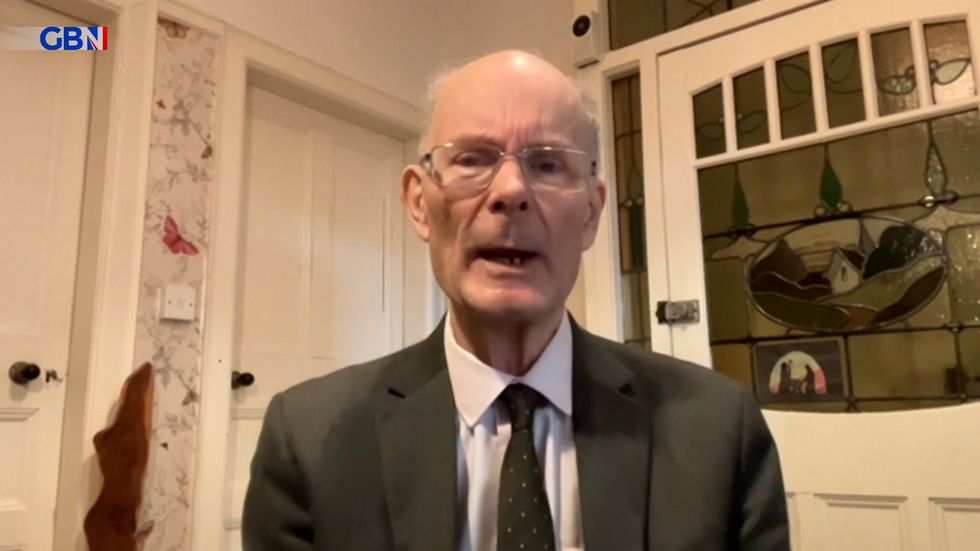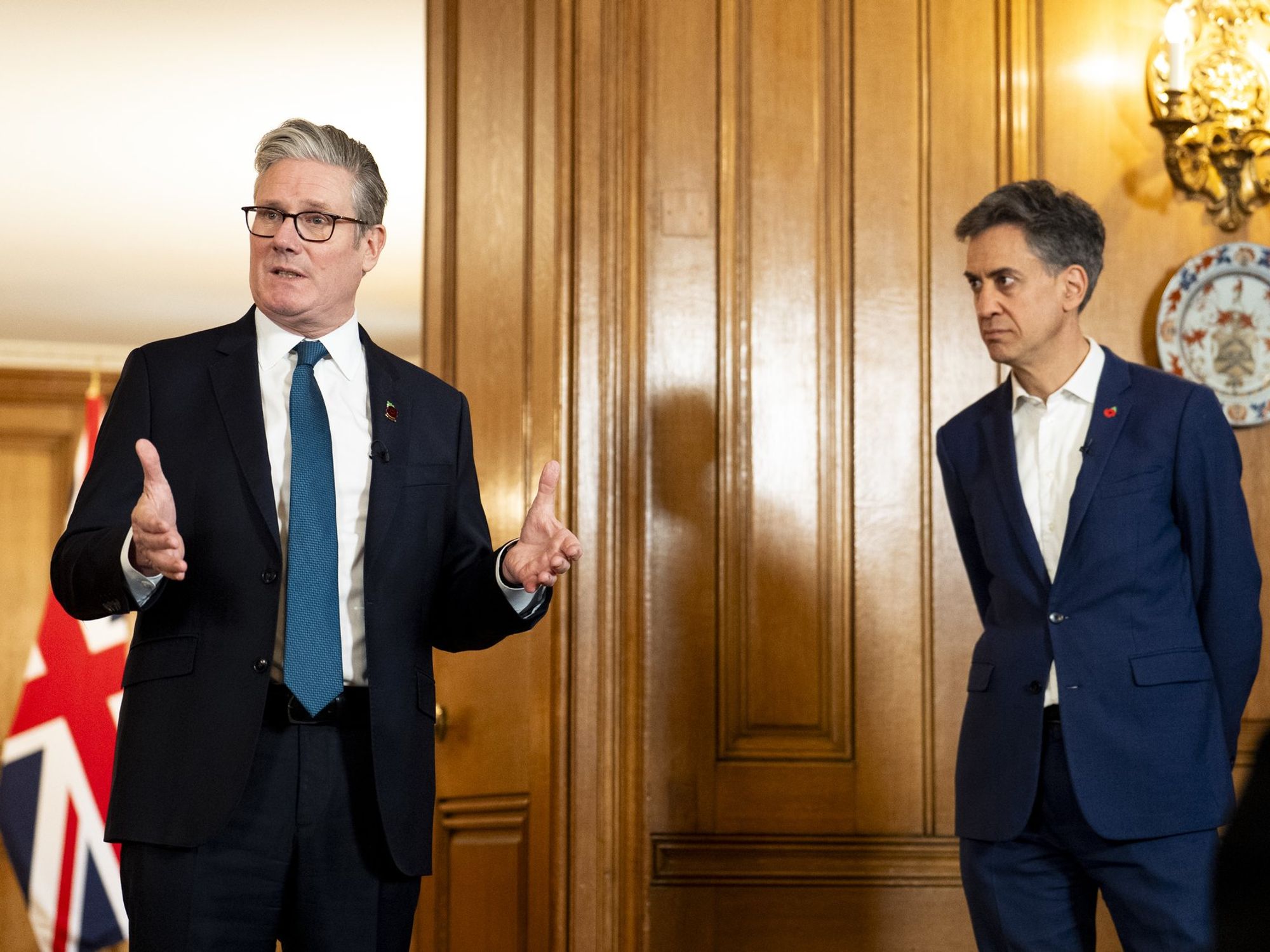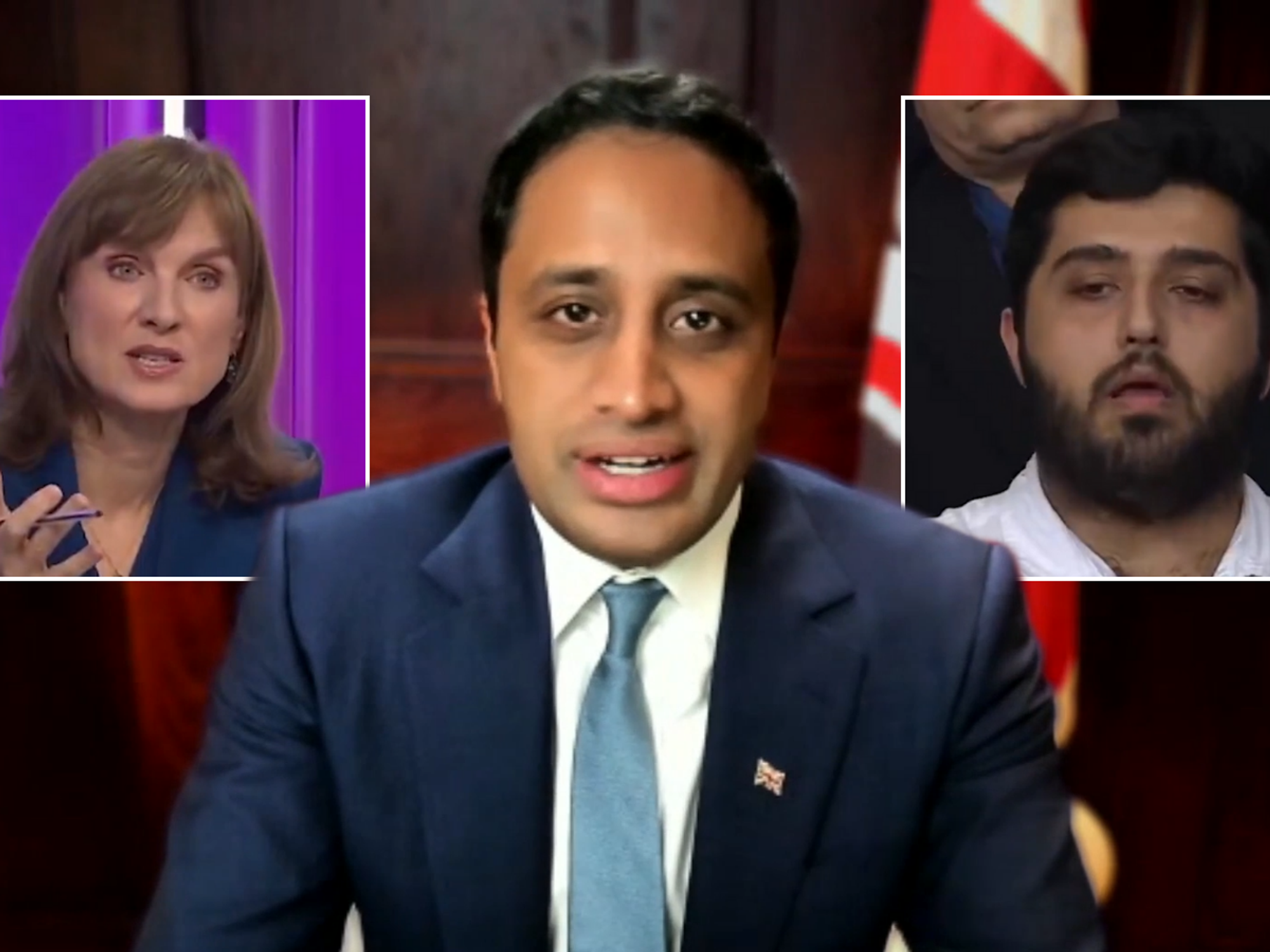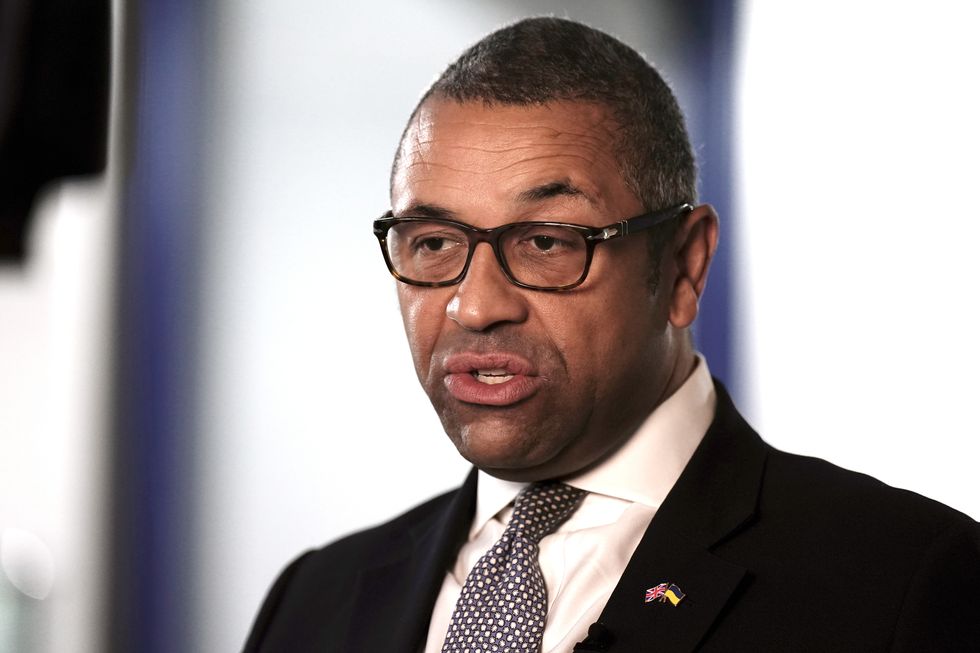Brexit warning issued by John Curtice - 'One principal culprit' has led to surge in support for rejoining EU

John Curtice has issued a Brexit warning | Image: GB News

Polls suggest support for Brexit is waning
Don't Miss
Most Read
Latest
Support for Brexit has dropped to its lowest level since the 2016 EU referendum, according to polling expert John Curtice.
The trend can be attributed to “one principal culprit”, that being a “loss of confidence” in Brexit’s economic consequences, the commentator has claimed.
Savanta say slightly more Leave voters at the end of 2021 believed that the economy had improved following Brexit (30 per cent) than felt it had got worse (26 per cent).
Currently, just over twice as many (42 per cent) feel the economy has worsened than believe it has got better (20 per cent).
Curtice warns that the trend suggests the 2016 referendum is not the “final word” on Brexit.
He told the Daily Telegraph: “The lesson for Brexiteers is clear. They cannot assume that their narrow electoral success of seven years ago is necessarily the final word on the matter.
“The case for Brexit will need to be constantly re-stated and demonstrated- and success in that endeavour probably requires a much healthier economy than Britain enjoys now.”
Despite an apparent increase in the number of people saying they want to rejoin the EU, last week a poll for GB News found support falls when voters are told the reality of what a u-turn on Brexit would mean.
People Polling surveyed two groups of voters giving one group a simple ‘re-join or stay out’ option and another the same but after spelling out what rejoining the EU would entail.
In the first group, where voters are simply asked about how they would vote if there were a referendum on Britain’s membership of the EU, there is a 9-point lead for re-joining the European Union. There was 42 per cent support to join, and 33 per cent to stay out.
However, when people were informed that re-joining the European Union would mean re-joining the single market, Schengen Area, accepting the free movement of EU nationals, applying EU laws, and paying into the EU budget in proportion to the size of the UK economy, the lead dropped within the margin of error, to only three points. There was 38 per cent support to join, 35 per cent to stay out.
Curtice's warning comes after Foreign Secretary James Cleverly said post-Brexit trading issues which “risk and undermine” Northern Ireland’s place within the UK must be addressed.
Cleverly was speaking as he prepared to meet with political and business leaders in Belfast to discuss the impact of the Northern Ireland Protocol.
Northern Ireland Secretary Chris Heaton-Harris will also take part in the talks which the government hopes will help to break the Stormont powersharing deadlock.
James Cleverly is pushing to resolve post-Brexit trading issues surrounding Northern Ireland
Aaron Chown
Devolution in Northern Ireland has been in flux since last February when the DUP, the region’s largest unionist party, withdrew its First Minister from the ministerial executive in protest at the protocol.
The party has made clear it will not allow a return to powersharing until radical changes to the protocol are delivered.
It claims the treaty has undermined Northern Ireland’s place within the United Kingdom by creating economic barriers on trade entering the region from Great Britain.
However, earlier this week progress between the EU and the UK on post-Brexit data-sharing was hailed as a positive step in ongoing talks to find a solution to the row.
The latest developments in the protocol negotiations and the political stalemate will be on the agenda when Mr Cleverly and Mr Heaton-Harris meet Stormont party leaders in Belfast.











